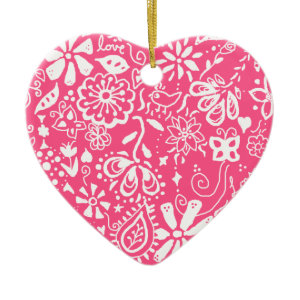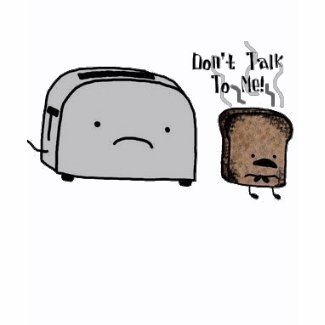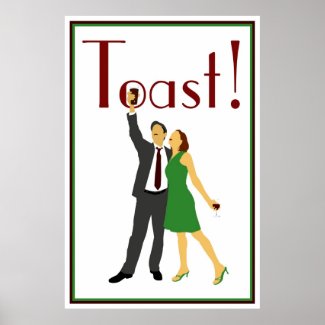Have you ever seen a scruffily clad teen, 20-or 30-something wearing large, thick, black glasses (perhaps even without lenses!), possibly sporting a badge featuring nothing but a mysterious black mustache? Or perhaps you’ve noticed people who look like they’ve just stepped out of the 70s or 80s, wearing yesteryear t-shirts with images of old music bands and brands no longer familiar today. If you have, it’s possible you’ve spotted a hipster.
Hipsters can be identified by the way they dress, as described above, but these are external side-effects of their internal thinking. The true hipster is a hipster on the inside too. Continue reading →
Posted in Culture
|
Tagged Culture, hipsters
|
Prince Charles, “Made in Chelsea” star Ollie Locke, actresses Jennifer Aniston, Demi Moore and Katie Holmes, YouTuber ijustine and politician Tony Blair all have one thing in common: they have all been endowed with healthy sized ears! So if you find yourself lamenting the size of your ears, you are not only in good company, but also have something in common with some of the best-looking celebrities in the world today. But why do people have big ears anyway? Continue reading →
Posted in My Body
|
Tagged my body
|
Today, whilst making an observation about the imaginative talents of youtuber John Green for his creatively named computer-game football team, the Swindon Town Swoodilypoopers, my companion laughingly said “Eat your heart out Dr Seuss!”. Mid-laugh I suddenly realised what he’d just said: Eat your HEART out? Why on Earth would you wish that upon anyone?! Curiosity peaked; I began looking into this strange phrase: Continue reading →
Posted in Etymology
|
Tagged etymology
|
A toast is a piece of lightly scorched bread, right? So why do we call the raising of our glasses at events like weddings, a toast?
Toasted bread and raising a wine glass in a toast really do have more in common than it first appears. Both words originate from the Latin word, tostus which means “scorch” or “burn”. This makes sense for the toasted bread, but how does it relate to the other variety of toast? Well, it’s because the wine glasses people used to raise as they said their good wishes, contained pieces of toast. Continue reading →
Posted in Etymology
|
Tagged etymology
|
If an alien landed on Earth and observed a human stand up whilst holding a glass, followed by a room full of people all holding up their glasses and taking a sip in perfect unison amidst a chorus of shouts, he would surely wonder what these strange humans were doing. Yet, whether it’s at weddings, birthdays, retirement parties, housewarmings, or another occasion, most of us have experienced the toast at one point or another in our lives. Why do we have this interesting ritual of the toast? Continue reading →
Posted in Culture
|
Tagged Culture
|
Behind every name is a story, and this goes for place names too. Although each individual place has a unique specific definition, there are some common components and terms for the names of English-speaking cities, towns and settlements. Knowing the meaning of these recurrent, generic root components can help you decipher the original meanings of place names. Continue reading →
Have you ever played cards and suddenly wondered why we call the Jack cards Jacks? It seems a bit strange and out of place considering the other picture cards are a King and a Queen. Why not call it a Prince or a Knight? Continue reading →
We’ve all known Smart Alecs in our time. And most of us have been Smart Alecs at least once in our lives too! It’s those moments when you take joy in sharing something clever you’ve learned and inadvertently come off quite smug and gloaty about it so that you end up irritating your listeners. But all this talk of smart Alecky-ness does raise a curious point: Just who was this smart Alec and what made him so smart? Continue reading →
Posted in Etymology
|
Tagged etymology
|
Whether we’re going into an exam or a meeting unprepared, or whether we are blagging our way through a conversation where we’re trying to seem knowledgeable about a subject we haven’t studied in great depth, we know we’re flying by the seat of our pants. We hope to use whatever knowledge and experience we have gathered in our lives to get through the ordeal unscathed. But how did “flying by the seat of your pants” come to mean this process of putting faith in your instincts and internal resources to do a good job, even if you have no pre-determined plan? Continue reading →
Posted in Etymology
|
Tagged etymology
|

You know someone has got your goat when your face starts to resemble a beetroot and steam threatens to come out your ears as you feel anger and annoyance seething within… But what has getting angry really got to do with goats?
Continue reading →
Posted in Etymology
|
Tagged etymology
|











